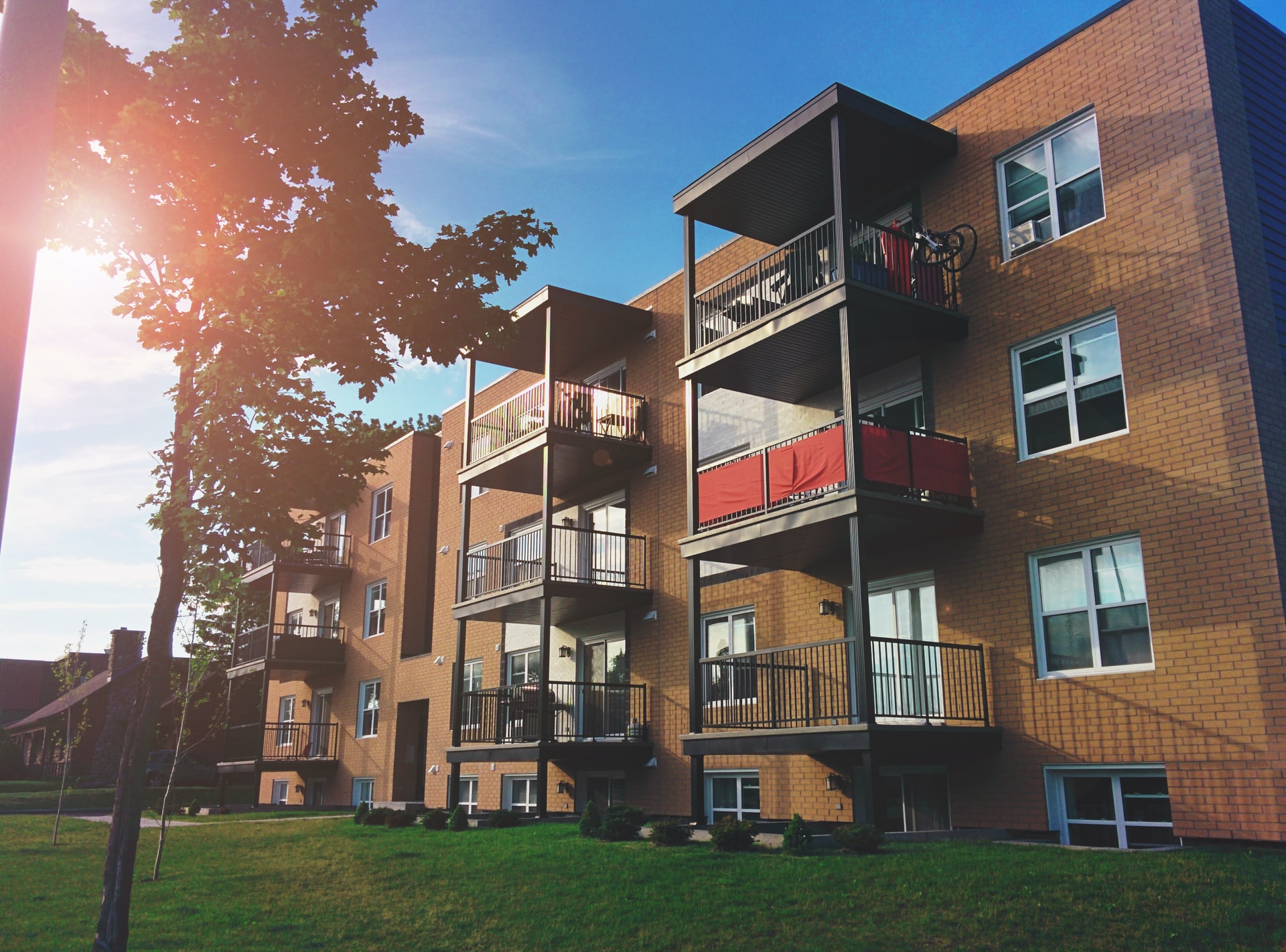
Rent Control Means Fewer Homes, and Higher Prices
Rent control is the failed policy idea that just won’t die. At a recent forum for candidates vying to become the next Mayor of North Las Vegas, all mayoral hopefuls came out in support of rent control as a way to make housing more affordable in Nevada. But rent control has never worked anywhere it has been tried. By reducing supply, rent control ultimately leads to higher prices for all but the select few who are in a rent-controlled unit. This is why Assar Lindbeck, widely considered Sweden’s top economist until his death in 2020, famously described rent control as being “the best way to destroy a city, other than bombing.” And he is hardly alone. In a 2012 survey of top economists, 95% of respondents said that rent control fails to achieve its ostensible goal of making housing more affordable.
That rent control does more harm than good is one of the most consistent findings in the economics profession. Numerous studies have found that, by reducing the incentive to bring new units onto the market, rent control ultimately leads to higher prices for the public at large. Those studies also show that rent control leads to lower quality homes, as landlords have no incentive to do any kind of maintenance or upgrades beyond the bare minimum legally required of them. But for those who don’t have the time to read the mountain of academic research documenting the failings of rent control, just consider the experience of the cities that have embraced rent control, like New York, San Francisco, and Santa Monica. If rent control works, why are those areas all notoriously expensive places to live?
That rent control makes things worse merely reflects the fact that all price controls lead to shortages and lower quality options. Imagine a law that prevented steakhouses from charging more than $10 for steak. All decent steakhouses subject to the price control would be forced to close their doors, leaving Nevadans with fewer options. And the few that remained open would serve the lowest quality steak available, served on a paper plate, without napkins, to a wobbly table, to be eaten while you sat on an uncomfortable chair. That is to say, the business owner would be forced to reduce costs and quality elsewhere to stay in business at the new, artificially low price. This same dynamic occurs with rent control too. A study by a Harvard professor on the effects of rent control in Cambridge, Massachusetts, for example, found that the rent-controlled units there were “older, in worse condition, and more in need of very essential repairs.”
The even bigger problem, however, is that rent control causes developers to stop building. Just as no one would want to build a new steakhouse if the government capped prices at $10 a steak, the same is true of developers considering whether to build new rental units. Even worse, many landlords in rent-controlled areas convert their existing rental properties into condominiums or other kinds of real estate not subject to rent control. In other words, rent control doesn’t just stop the creation of new homes, it actively encourages landlords to get rid of existing rental apartments. All of this leads to a reduction in supply, which means higher prices for the homes and rental units not subject to rent control.
If Nevada politicians really want to help, they should look to Reno Mayor Hillary Schieve for an example of a policy that will actually work. In Washoe County, rent and housing prices are inflated in large part due to government licensing and permitting fees that can add an additional $30,000 to $40,000 to the cost of building a new home. Mayor Schieve helped encourage new construction by spearheading a program that deferred those fees until after a developer completed the construction of a new home. While that’s a good step in the right direction, those kinds of fees, both here and up north, should be cut in half. In addition to fees, however, local governments also impose an array of onerous compliance regulations that further increase costs. In fact, some developers report that simply complying with all the various levels of bureaucracy can delay the construction process by a full two years which, once again, means less supply and higher prices. Reducing or eliminating those barriers is the best way elected officials can help renters out. Rent control will only make things worse, as it has everywhere else it has ever been tried.
Update: Just a few days after this article was published, a new study on rent control in St. Paul, Minnesota was released. The study, Robbing Peter to Pay Paul? The Redistribution of Wealth Caused by Rent Control, found that rent control caused a 6-7% drop in property values, a loss that was borne mostly by low-income property owners. Conversely, it was high-income tenants who benefited most from the rent reductions.